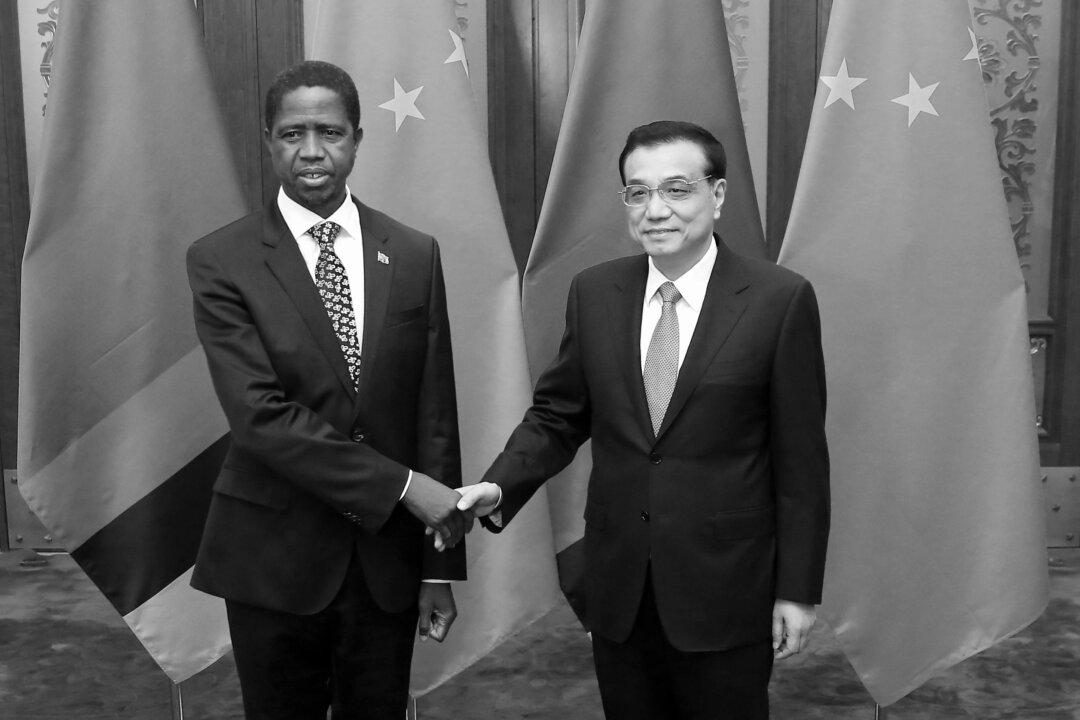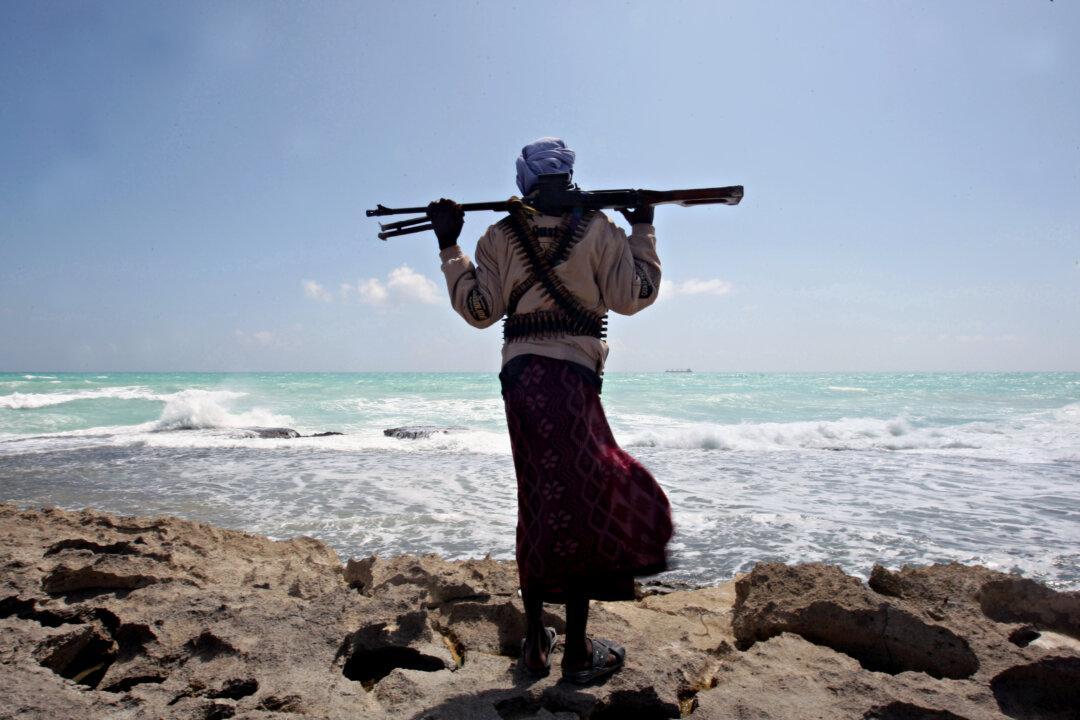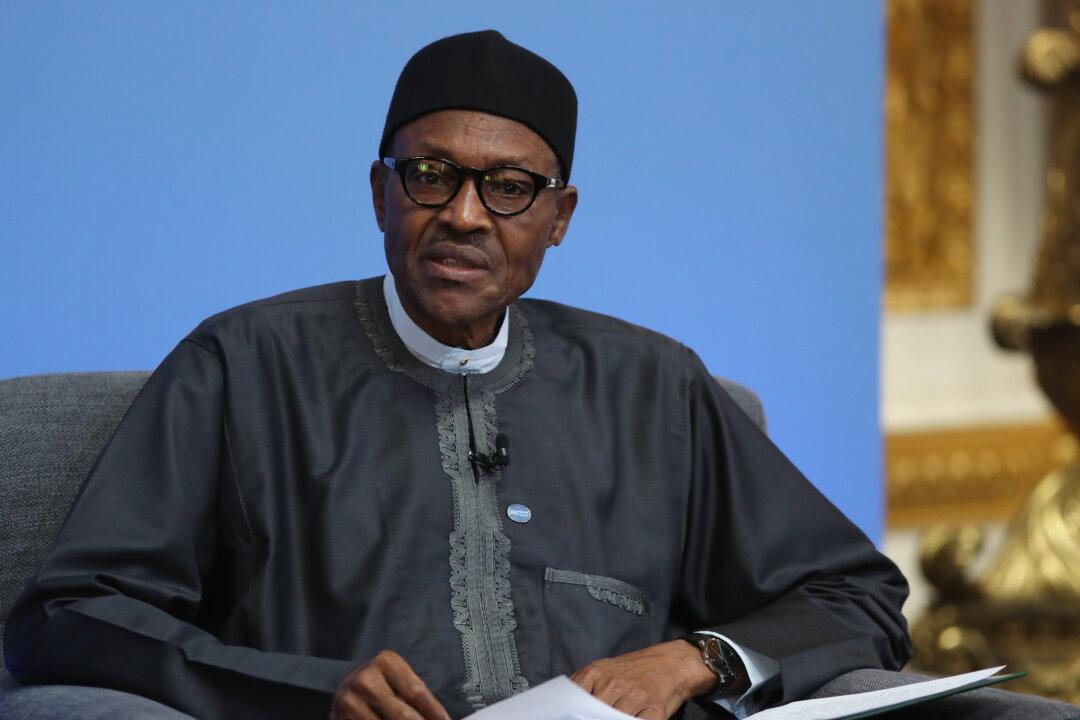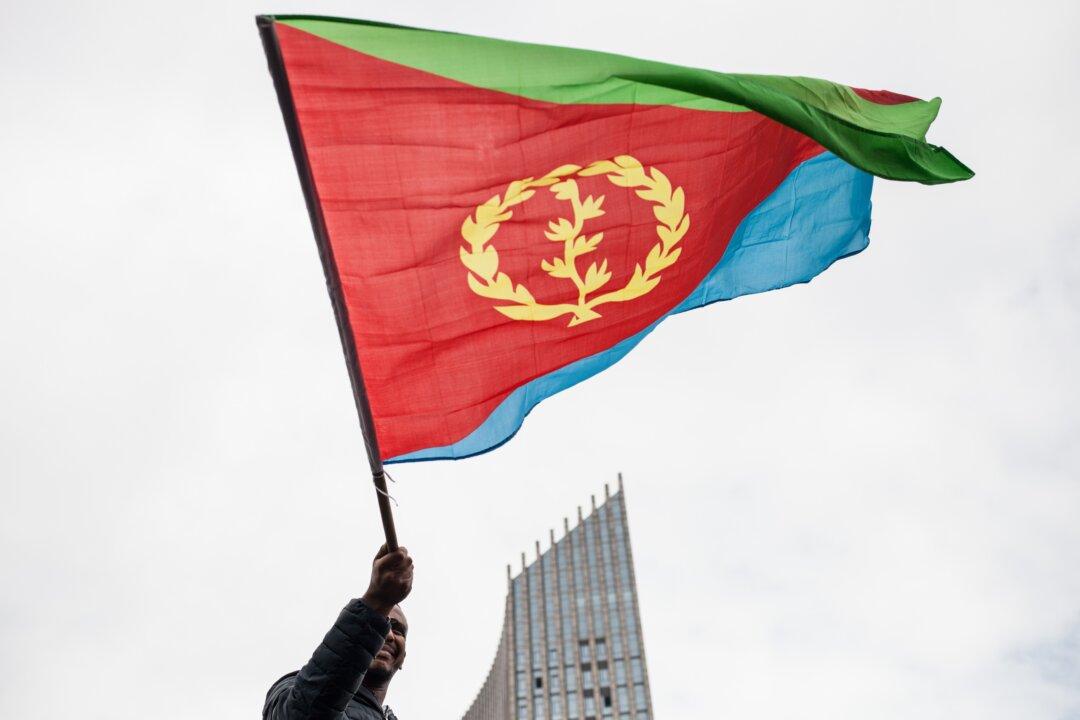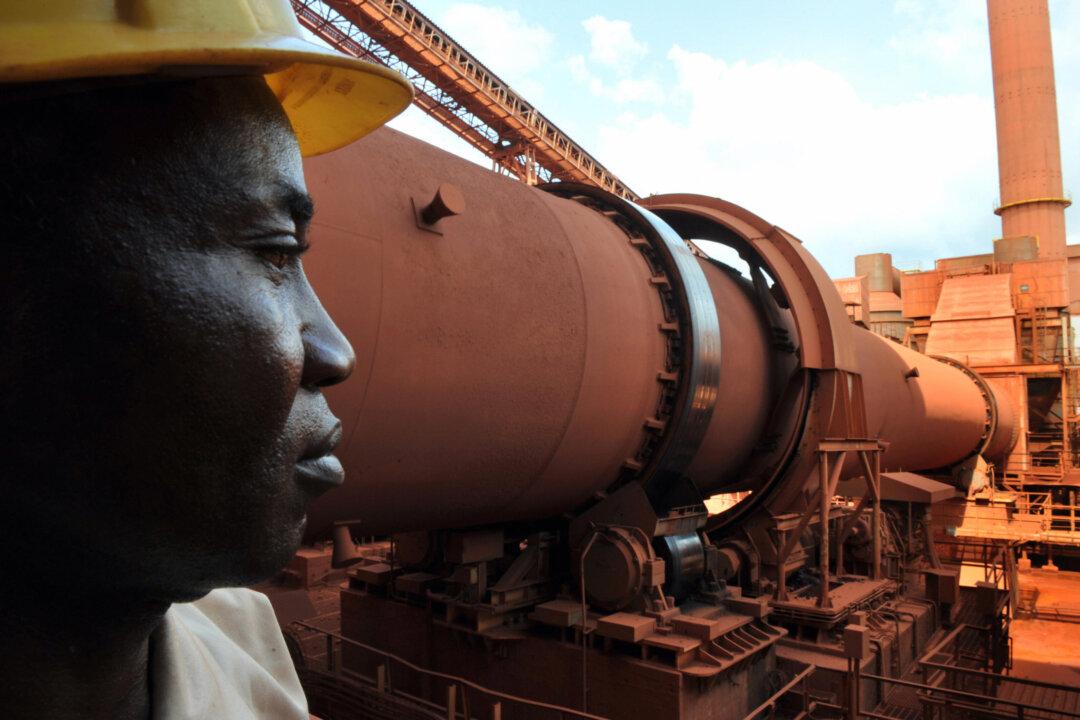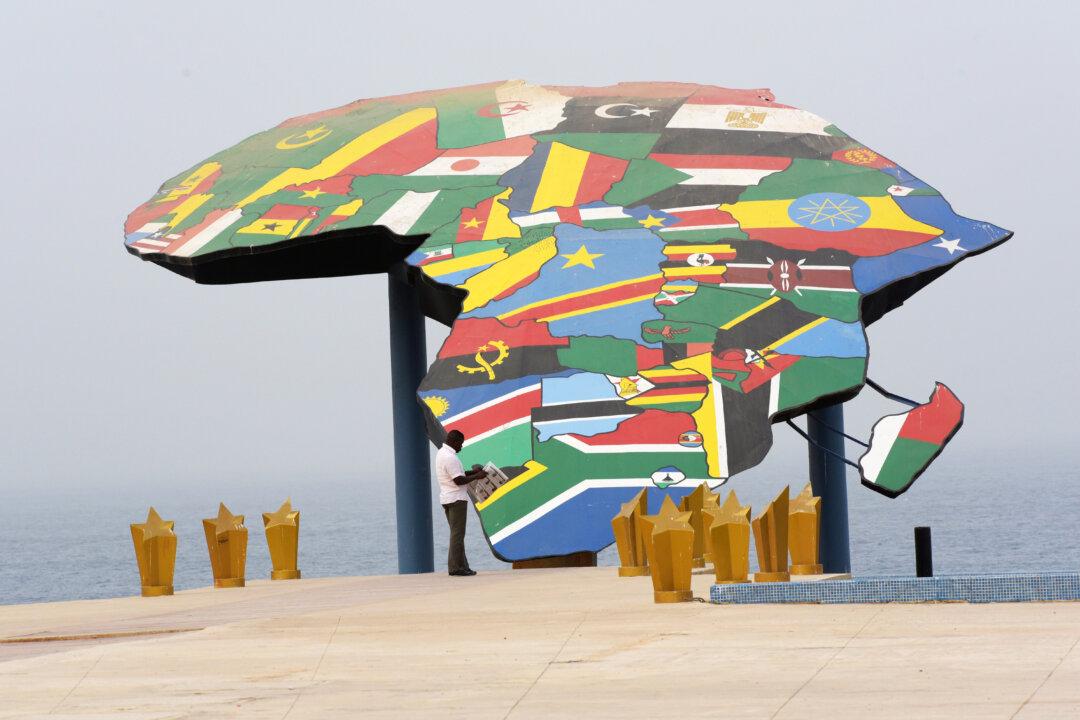Uju Okoye
Author
LATEST
Zambia’s Troubled Ties With China
Zambia is at an economic and political crossroads that serves to underscore the importance of identity in the developing world.
|
Theft and Piracy on Africa’s High Seas
A new report, released by the non-profit group Oceans Beyond Pirates, examines recent changes in the nature of piracy off the coasts of Africa.
|
After a Year With President Buhari, Is Nigeria Backsliding?
A year into Buhari’s term, the Nigerian people are raising serious questions about the government’s claims to be living up to its campaign promises.
|
Is the Press Free in Africa?
As the world marked World Press Freedom Day on May 3, United Nations Secretary-General Ban-Ki Moon issued an otherwise unremarkable statement, predictably advocating for free and independent media across the globe. What stands out in Ban’s phrasing, though, is the understanding that it is a “fundamental right” of all citizens, in all societies, to have access to information that empowers them. To reflect on the role of a responsible and thriving press, and the struggle to secure it, is a sobering reminder of how compromised journalism remains in far too many countries and how much work there is still left to do. That’s especially true on the African continent, where a constellation of political pressure, government repression, cultural factors, and inadequate funding puts the fundamental right of a free press out of reach.
|
How Can Guinea Tap Into Its $200 Billion Resources?
Despite the slowdown in the Chinese economy and the resulting slump in commodity prices, a consortium of Chinese, Singaporean, and Guinean companies are due to ramp up bauxite ore mining in the West African country of Guinea from 10 to 15 million tons this year, before reaching 30 million tons in 2017.
|
A War That Killed Millions in Nigeria Threatens to Flare Up Again
As Nigeria navigates another difficult passage in its history, human rights and fundamental freedoms must be what prevent a bloody history from repeating itself.
|
East Africa’s Decision 2016: What Elections Mean for Security in the Region
In Sub-Saharan Africa as a whole, 2015 was a banner year for democratic transitions.
|
Zambia’s Troubled Ties With China
Zambia is at an economic and political crossroads that serves to underscore the importance of identity in the developing world.
|
Theft and Piracy on Africa’s High Seas
A new report, released by the non-profit group Oceans Beyond Pirates, examines recent changes in the nature of piracy off the coasts of Africa.
|
After a Year With President Buhari, Is Nigeria Backsliding?
A year into Buhari’s term, the Nigerian people are raising serious questions about the government’s claims to be living up to its campaign promises.
|
Is the Press Free in Africa?
As the world marked World Press Freedom Day on May 3, United Nations Secretary-General Ban-Ki Moon issued an otherwise unremarkable statement, predictably advocating for free and independent media across the globe. What stands out in Ban’s phrasing, though, is the understanding that it is a “fundamental right” of all citizens, in all societies, to have access to information that empowers them. To reflect on the role of a responsible and thriving press, and the struggle to secure it, is a sobering reminder of how compromised journalism remains in far too many countries and how much work there is still left to do. That’s especially true on the African continent, where a constellation of political pressure, government repression, cultural factors, and inadequate funding puts the fundamental right of a free press out of reach.
|
How Can Guinea Tap Into Its $200 Billion Resources?
Despite the slowdown in the Chinese economy and the resulting slump in commodity prices, a consortium of Chinese, Singaporean, and Guinean companies are due to ramp up bauxite ore mining in the West African country of Guinea from 10 to 15 million tons this year, before reaching 30 million tons in 2017.
|
A War That Killed Millions in Nigeria Threatens to Flare Up Again
As Nigeria navigates another difficult passage in its history, human rights and fundamental freedoms must be what prevent a bloody history from repeating itself.
|
East Africa’s Decision 2016: What Elections Mean for Security in the Region
In Sub-Saharan Africa as a whole, 2015 was a banner year for democratic transitions.
|

